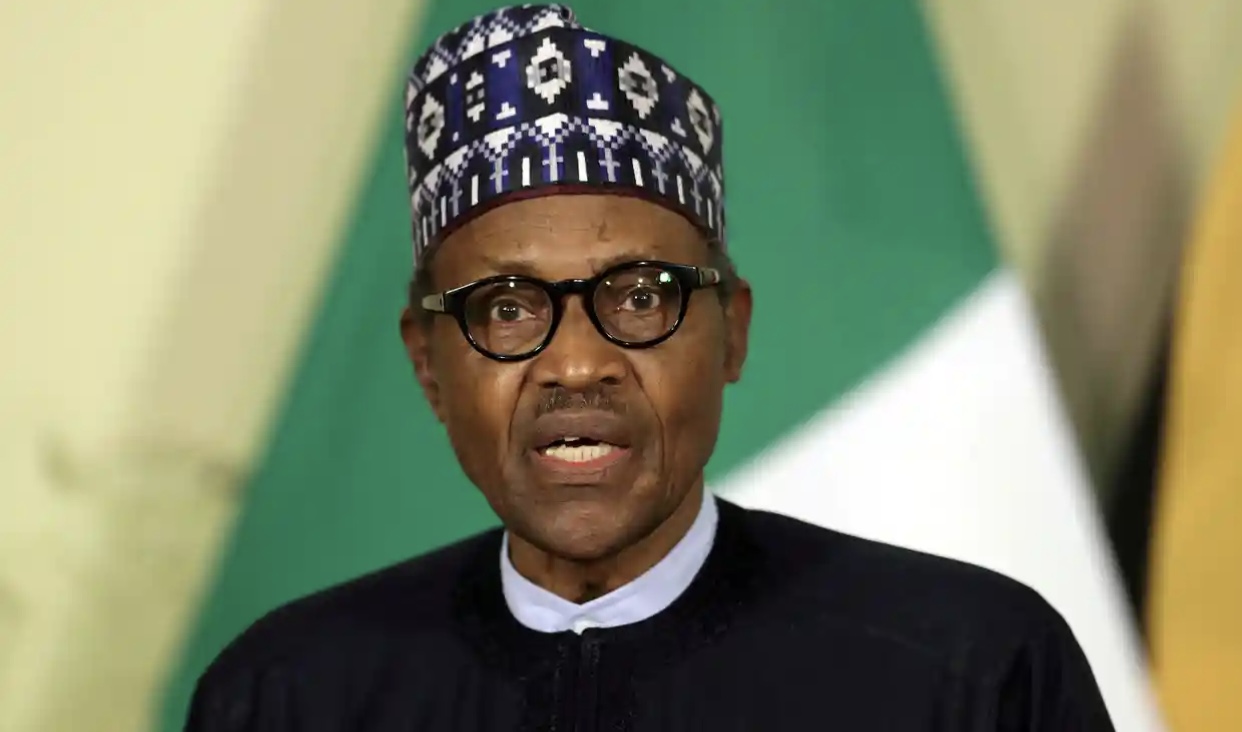Buhari explain, why almost 2,000 prisoners were released in Imo state oweri.
After the escape in southeastern Nigeria, nearly 2,000 prisoners escaped, which was attributed to armed separatists, a series of recent armed raids on law enforcement authorities.
Earlier Monday, prison facilities and police command centers in Oweri, Imo state, were targeted by gunners, who destroyed part of the prison wall with explosives and released 1,844 prisoners. A police officer was shot and injured in the assault.
The police did not immediately claim responsibility for this, but the police said that the gunners were from the Eastern Security Network, a military branch of the pro-Bifla separatist group in southeastern Nigeria, the Biafra indigenous people (Ipob).
Since 2015, southeastern Nigeria has experienced the most obvious revival of separatist sentiment since the Bavra War of 1967-70. In one of the darkest chapters in Nigeria's modern history, millions of people died during the conflict, many of them starving after the government blockaded the area.
Attacks on suspected pro-biafra groups have increased in recent years as security forces have launched controversial crackdowns on large-scale protests and boycotts.
In 2017, Ibob was banned by the Nigerian government and labeled as a terrorist organization, accusing it of attacking security personnel and citizens.
Nigerian authorities are accused of illegally arresting Bifla activists and violating rights. Attacks on police and state facilities have increased in recent months. These groups admitted to carrying weapons, but denied the assault.
Police spokesman Frank Mba said that reinforcements have been sent, including "new special investigation teams dedicated to handling cases of continuous security formations/operations against the area".
According to a spokesman for President Mohammadou Buhari, he condemned the raid as a "dealdoful act" from London, where he was undergoing a two-week medical examination.
Garba Shehu said in a statement: "He also called for every effort to rearrest the escaped prison detainees, many of whom are believed to be dead criminals."
Two cities in the neighboring state of Abia imposed curfews for escape from prison. At least six police officers in Abia were shot dead last month, which is also attributed to Ipobu.
The intensification of separatist incitement in southeastern Nigeria has increased tensions in the region and triggered a strong response from the security forces and the Buhari government.
A few months after the former military dictator returned to power in 2015, large-scale protests swept through the southeastern cities, partly because of resentment against Buhari. The president was the main brigade of the war, during which the Nigerian military was accused of large-scale abuse of power.
According to AI, security forces have killed hundreds of protesters since 2015, including 60 extrajudicial executions in just two days in 2016. The Nigerian army denied the killing.
The tragic legacy of the Bifla War is still deep-rooted in Nigeria, more than 50 years after the end of the war. The history of the conflict has been scrutinized, and atrocities have hardly been recognized. Economic inequality and deprivation fuel separatist resentment in the southeast of the country.












No comments:
Post a Comment